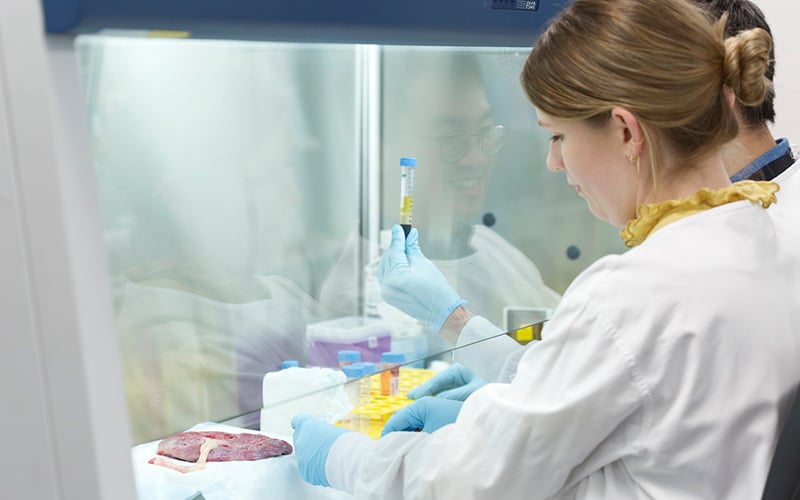Search

Mental health and wellness is critical to the overall wellbeing of a person, and can also impact on physical health. Researchers are exploring the mental wellbeing of mothers and their experience of motherhood and pregnancy, and effective support options available. Mental health development of the child is also explored, as well as the impact of the COVID-19 pandemic on our ORIGINS families.
Research
ARIEL studyThis study will test the hypothesis that the mechanisms of childhood asthma begin in the respiratory tract as early as birth.
Research
TALK (Testosterone and Language in Kids) StudyAndrew Chris Gail Susan Peter Videos Whitehouse Watch and listen to Andrew Brennan-Jones Alvares Prescott Jacoby PhD PhD PhD MBBS BMedSci PhD FRACP
Research
The SYMBA Study - Promoting Gut Health (SYMBiosis) for Allergy preventionDebbie Susan Desiree Palmer Prescott Silva BSc BND PhD MBBS BMedSci PhD FRACP MBBS, FRACP, MPH, PhD Head, Nutrition in Early Life Honorary Research
Research
Infant Diet Recommendations Reduce IgE-Mediated Egg, Peanut, and Cow's Milk AllergiesMeta-analyses of randomized controlled trials have found that introducing eggs and peanuts earlier during infancy reduced egg and peanut allergy risk. Hence, infant feeding advice has dramatically changed from previous recommendations of avoidance to current recommendations of inclusion of common food allergens in infant diets.

News & Events
Biobank funding supports valuable research resourcesFour The Kids Research Institute Australia-based biobanks which underpin a range of cancer, respiratory and early life research have received more than $450,000 in funding.

News & Events
WA children with most aggressive cancers to benefit from Australian-first personalised medicine clinical trialPersonalised medicine for childhood cancers in West Australia is a step closer thanks to the Zero Childhood Cancer program’s state clinical trial launched today

News & Events
New clinical trial to improve outcomes for babies with leukaemiaThe Australian arm of an international clinical trial looking at improved treatments for young babies with leukaemia has been awarded funding from the MRFF.

News & Events
Kids cancer champion nominated for WA Australian of the YearDr Nick Gottardo, Co-Head of The Kids Research Institute Australia's Brain Tumour Research Team, has been announced a nominee for the 2018 WA Australian of the Year Award
News & Events
Toddler TalkA child's ability to communicate is one of their most important developmental achievements. It builds a foundation for everything that is to come.
